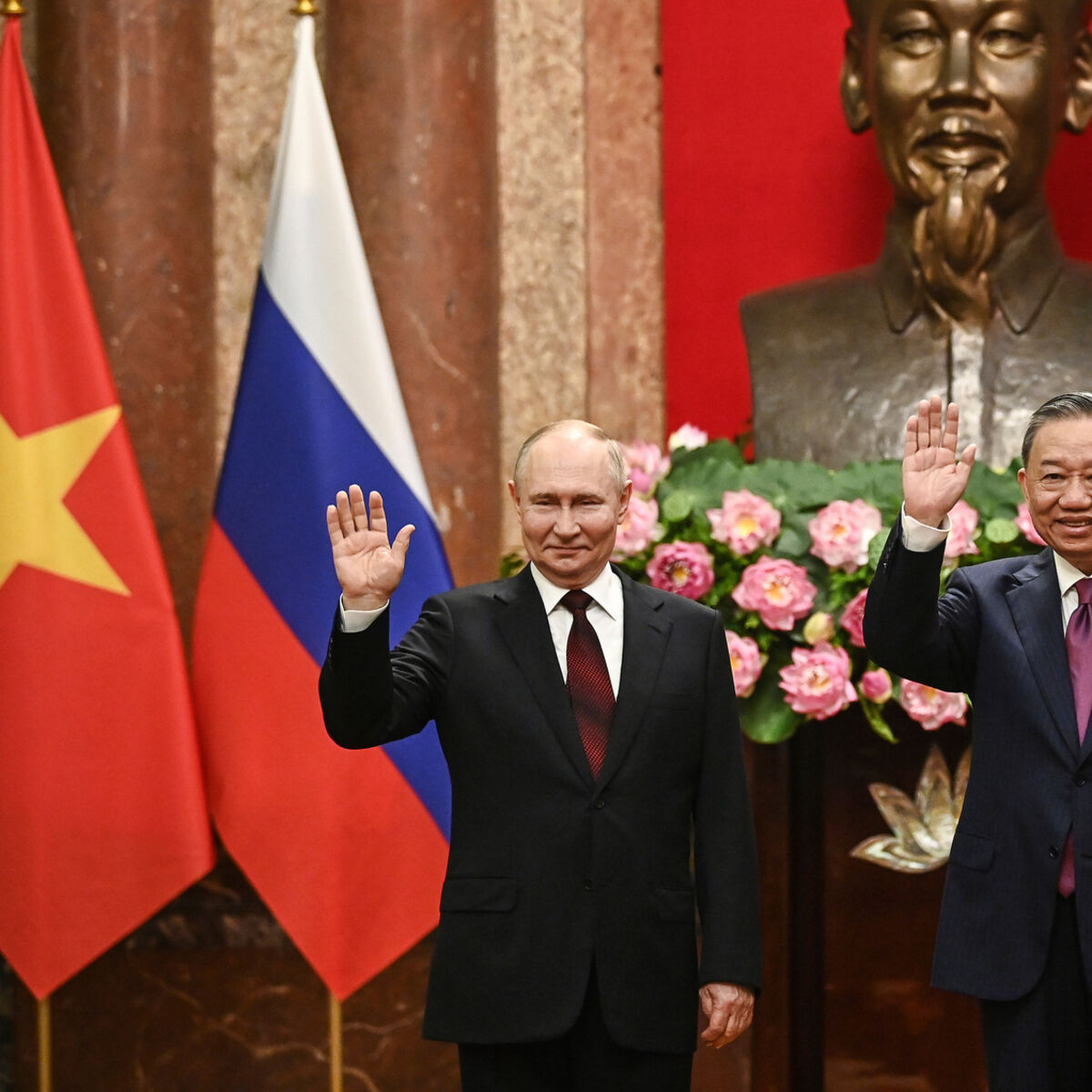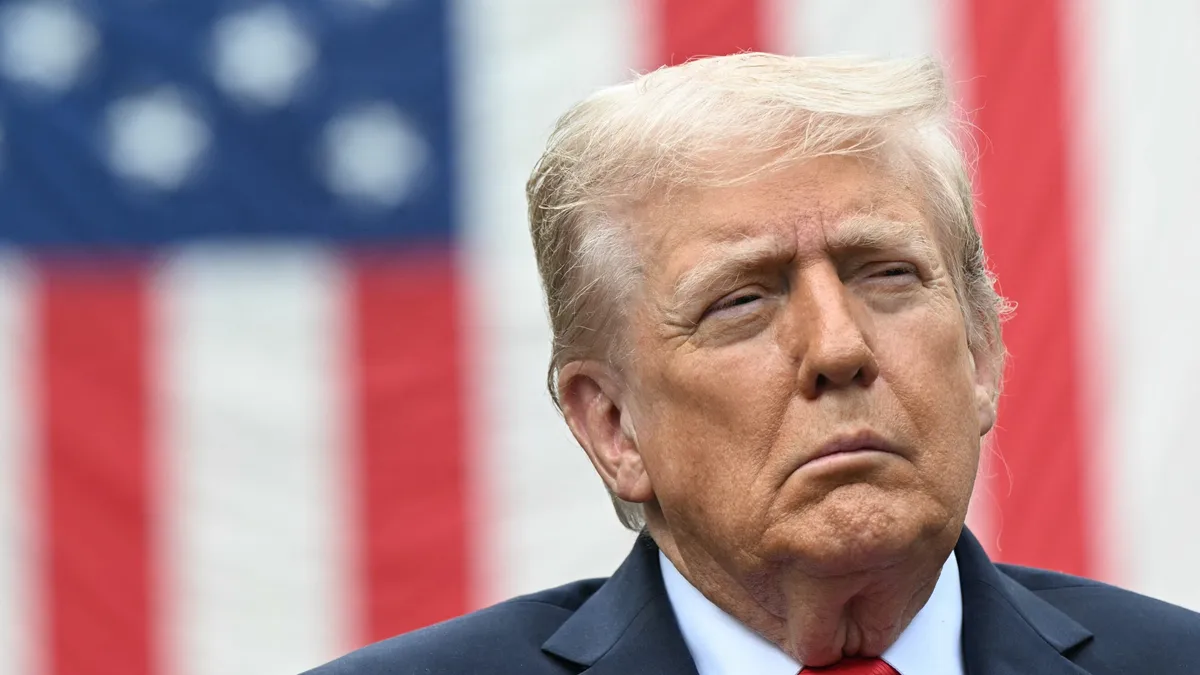By Ap Reporters,Irishexaminer.com
Copyright irishexaminer

Under the system, Vietnam has purchased Russian military equipment including fighter jets, tanks and ships on credit from Moscow, then paid that credit back from its share of profits from a joint Vietnam-Russia oil company operating in Siberia.
Such transactions are irregular in international financial markets and in this case are designed to keep cash quietly flowing even if sanctions aimed at ending Russia’s war on Ukraine are strengthened, the documents make clear.
The revelation comes at a precarious time when the US is trying to strengthen ties with Vietnam as a bulwark against growing Chinese assertiveness in south-east Asia, and has ongoing trade negotiations with Hanoi after the White House imposed 20% tariffs, while at the same time US president Donald Trump is threatening even more stringent sanctions on Moscow.
The European Union has also added a raft of new sanctions to pressure Russian president Vladimir Putin to end the war, and Mr Trump recently issued an executive order doubling tariffs on India to 50% to pressure New Delhi to stop buying Russian oil and military equipment, which he said was helping enable the war against Ukraine.
The Trump Organisation, the president’s family business, also broke ground earlier this year on a 1.5 billion dollar luxury golf complex outside the capital, Hanoi, after Vietnam fast-tracked approval.
The president’s sons run the organisation, but financial disclosures in June indicated that Mr Trump himself benefits from many of its activities.
News that the unorthodox arrangement was in the works leaked in 2023. But rather than shutting it down, an internal document from last year reveals that Russia and Vietnam finalized and implemented it, while also making agreements to ensure it would produce sufficient funds for future military purchases.
The Vietnamese government document that was leaked in 2023 and the newer government document from last year were provided to The Associated Press by an official who said that he was part of a faction opposed to closer ties to Russia at the risk of jeopardizing the growing relationship with Washington.
The US state department refused to comment specifically on the documents or the payment plan designed to skirt American sanctions, referring comments to the Vietnamese government. It reiterated broadly, however, that “our sanctions remain in place”.
“Those engaging in certain transactions or activities with sanctioned entities and individuals may expose themselves to sanctions risk or be subject to an enforcement action,” the state department said in an email to the AP this week.
Vietnam’s ministry of industry, the Vietnam Oil and Gas Group, known as Petrovietnam or PVN, and the foreign ministry did not respond to multiple emails seeking comment on the payment scheme. Russia’s finance ministry, which conducted the negotiations for Moscow, also did not respond.
“It’s not your typical flexible financing. It’s not your typical offset or counter-trade provisions,” said Evan Laksmana, who leads the Southeast Asian Security and Defense research program for the International Institute for Strategic Studies think tank.
“It is,” Laksmana said, “next-level stuff.”
The mechanism involves using Vietnam’s profits from a joint Vietnam-Russia oil venture in Siberia, Rusvietpetro, to repay loans for military purchases while avoiding transactions through the global SWIFT network system, which powers most international financial transfers and is overseen by the US and other Western nations.
In effect, it is a series of transactions that skip carefully laid global financial pathways, keeping transactions secret.
Final details of the agreement were laid out last summer in the 2024 memo obtained by the AP, from PVN to Vietnam’s ministry of industry and trade ahead of a visit to Hanoi by Mr Putin.



